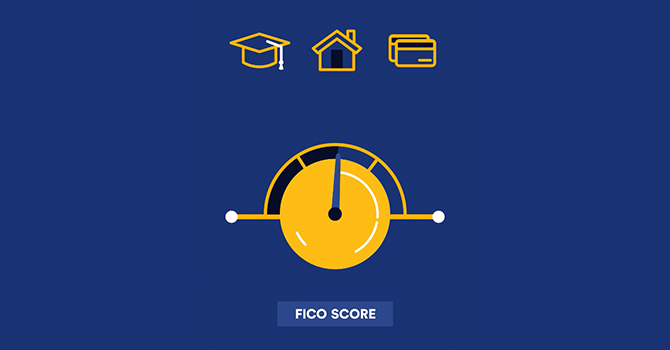Disclaimers
All Laurel Road lending products are subject to credit approval.
IMPORTANT INFORMATION: Please note that if you refinance qualifying federal student loans with Laurel Road, you may no longer be eligible for certain federal benefits or programs and waive your right to future benefits or programs offered on those loans. Examples of benefits or programs you may not receive include, but are not limited to, Public Service Loan Forgiveness, Income-Driven Repayment plans, forbearance, or loan forgiveness. Please carefully consider your options when refinancing federal student loans and consult Federal Student Aid for the most current information.
1. Savings vary based on rate and term of your existing and refinanced loan(s). Refinancing to a longer term may lower your monthly payments, but may also increase the total interest paid over the life of the loan. Refinancing to a shorter term may increase your monthly payments, but may lower the total interest paid over the life of the loan. Review your loan documentation for total cost of your refinanced loan.
The calculator on this page compares an individual's current student loan to a student loan refinanced with Laurel Road. The calculator assumes: (1) the current loan is being repaid under a standard repayment plan where the individual makes consecutive monthly payments based on the number of monthly payments remaining on the loan as inputted by the user; (2) the current loan has a fixed interest rate over the remaining term of the loan; and (3) that the monthly payment amount the user inputs pays off the loan in the number of monthly payments remaining.
Information and interactive calculators are made available to you as self-help tools for your independent use and are not intended to provide investment advice, legal, financial, or tax advice. We cannot and do not guarantee their applicability or accuracy in regard to your individual circumstances. All examples are hypothetical and are for illustrative purposes. We encourage you to seek personalized advice from qualified professionals regarding all personal finance issues. Calculators do not include the fees and restrictions that certain products may have. This calculator does not indicate whether you would qualify for a Laurel Road loan. Please visit the applicable banking product pages on laurelroad.com for specific terms and conditions.
This information provided is for informational purposes only and does not substitute consultation with a legal, tax or investment professional for important financial decisions. Laurel Road assumes no liability for loss or damage incurred by use of the information provided. Please visit laurelroad.com for full product details, terms and conditions.




